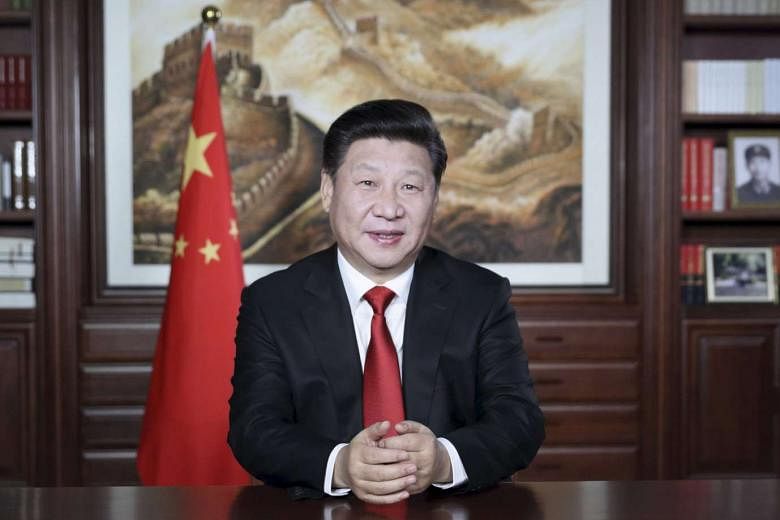The launch of China's most ambitious military restructuring process in six decades has several internal compulsions. There is a need to update administrative structures, an objective that should be furthered by the move to set up a new general command unit for the army. This change marks a shift from an army-centred structure, a legacy of the People's Liberation Army's incomparable role in the emergence and survival of contemporary China, towards a rather more Western-style joint command, in which the current contributions of the army, the navy and the air force are recognised and represented equitably. Also, increasing the powers of the Central Military Commission would not only entrench the authority of President Xi Jinping, who chairs it, but also ensure that regional military commanders do not overstep their authority in pursuit of personal ambitions.
These operational changes reflect the continuing need for close administrative control over the workings of a powerful military. One of China's institutional strengths, which puts it on a par politically with democratic powers such as the United States, Britain, France, Japan and India, is the formal and substantive deference of the military apparatus to civilian authority. China must preserve this constitutional tradition so that its domestic politics are not compromised like those of imperial Japan, where the rise of an impatient military elite during two world wars initiated a turn to militarism that proved disastrous for Asia, including Japan, in the last century.
In this century, the determination to establish a modern military system with Chinese characteristics has to contend with the burden of Asian history. China's neighbours are not ignorant of the truism that countries need to match their military prowess to the task of safeguarding their economic and political interests. However, it is true also that improved military capabilities create new strategic ambitions. Britain's global rise as a naval power was occasioned by the domestic impulses of the Industrial Revolution, which propelled the world from one stage of economic history to the next, but it resulted also in malignant imperialism and colonialism. It would be a historical tragedy if China's rise to power today replicated that sorry past. As a victim of imperialism itself, China owes it to itself, the rest of Asia and, indeed, the world to avoid following a trajectory in which growing economic interests create the conditions for political and strategic expansion.
The test case of Chinese intentions is the South China Sea. Rather than seeking to reclaim most of it as historical territory, it would be better for Beijing to establish its claims under international law, engage in cooperative efforts with other claimants to exploit the sea's economic potential and reassure those anxious about what a rise of a military with Chinese characteristics portends.

